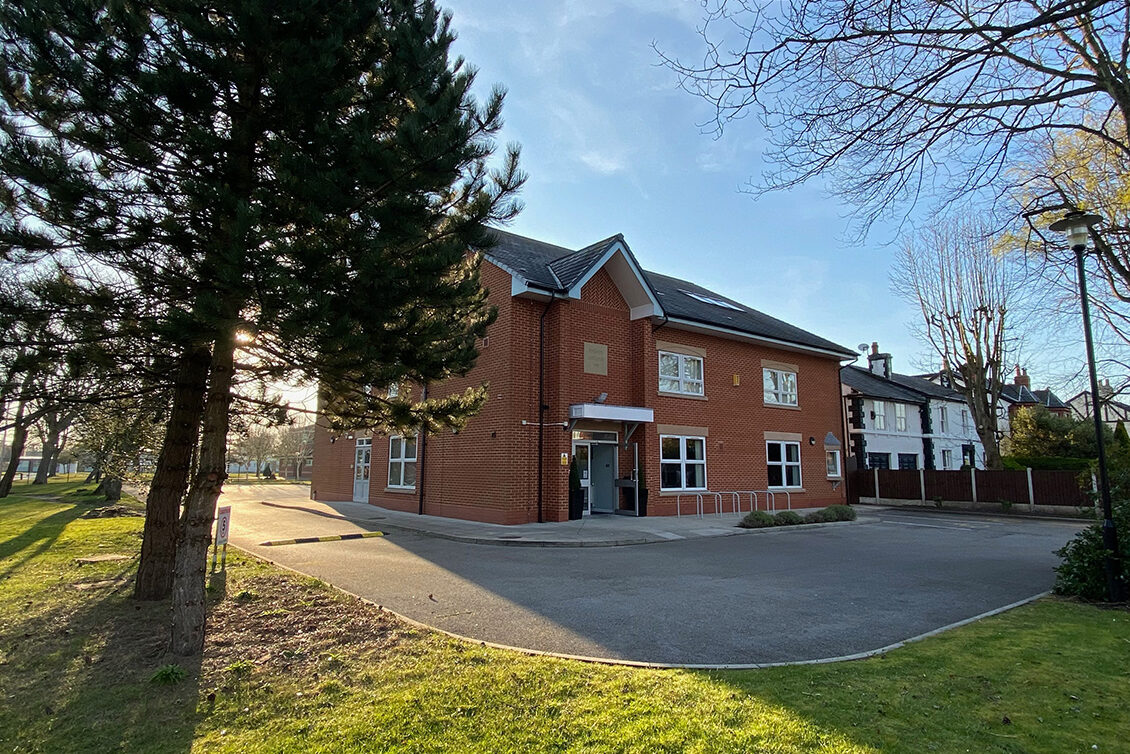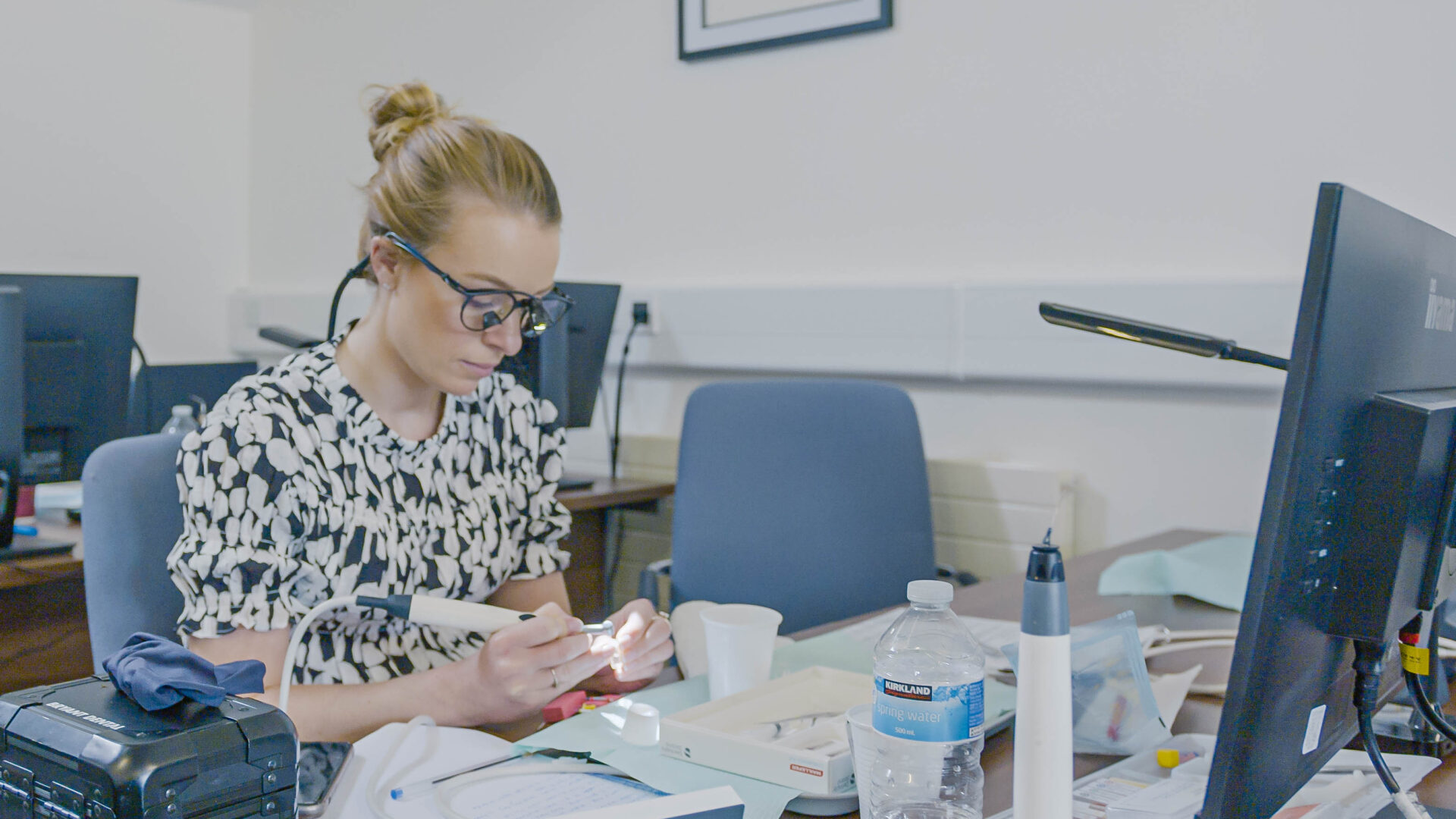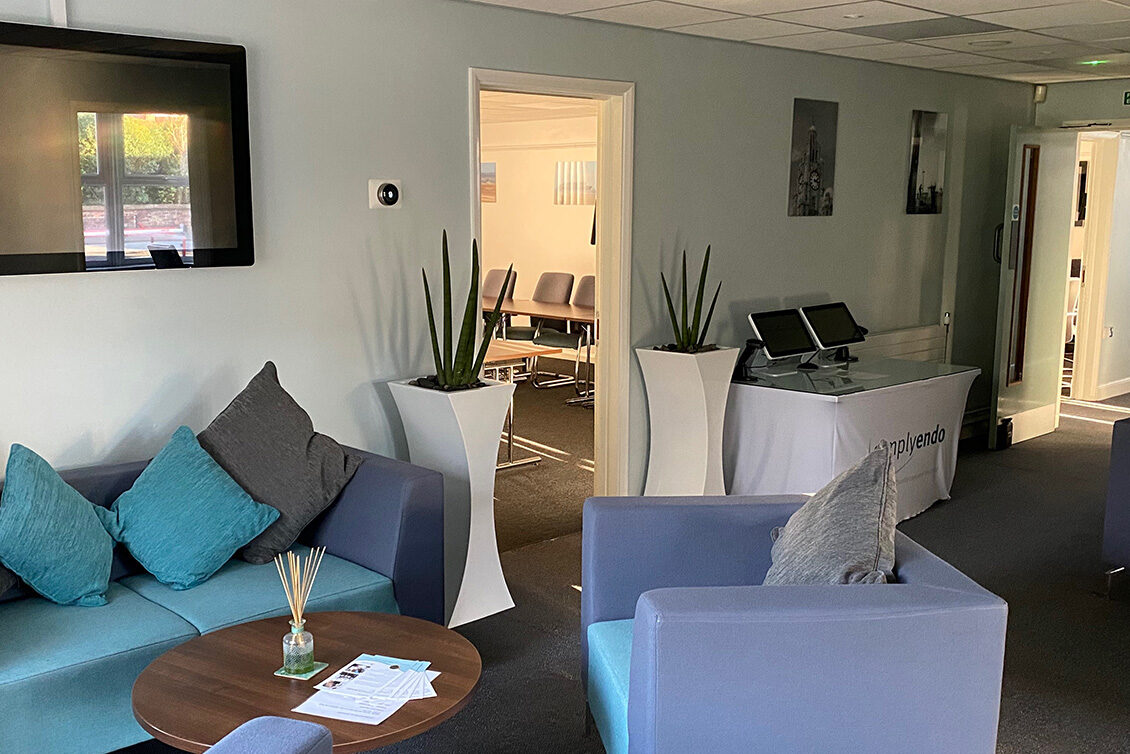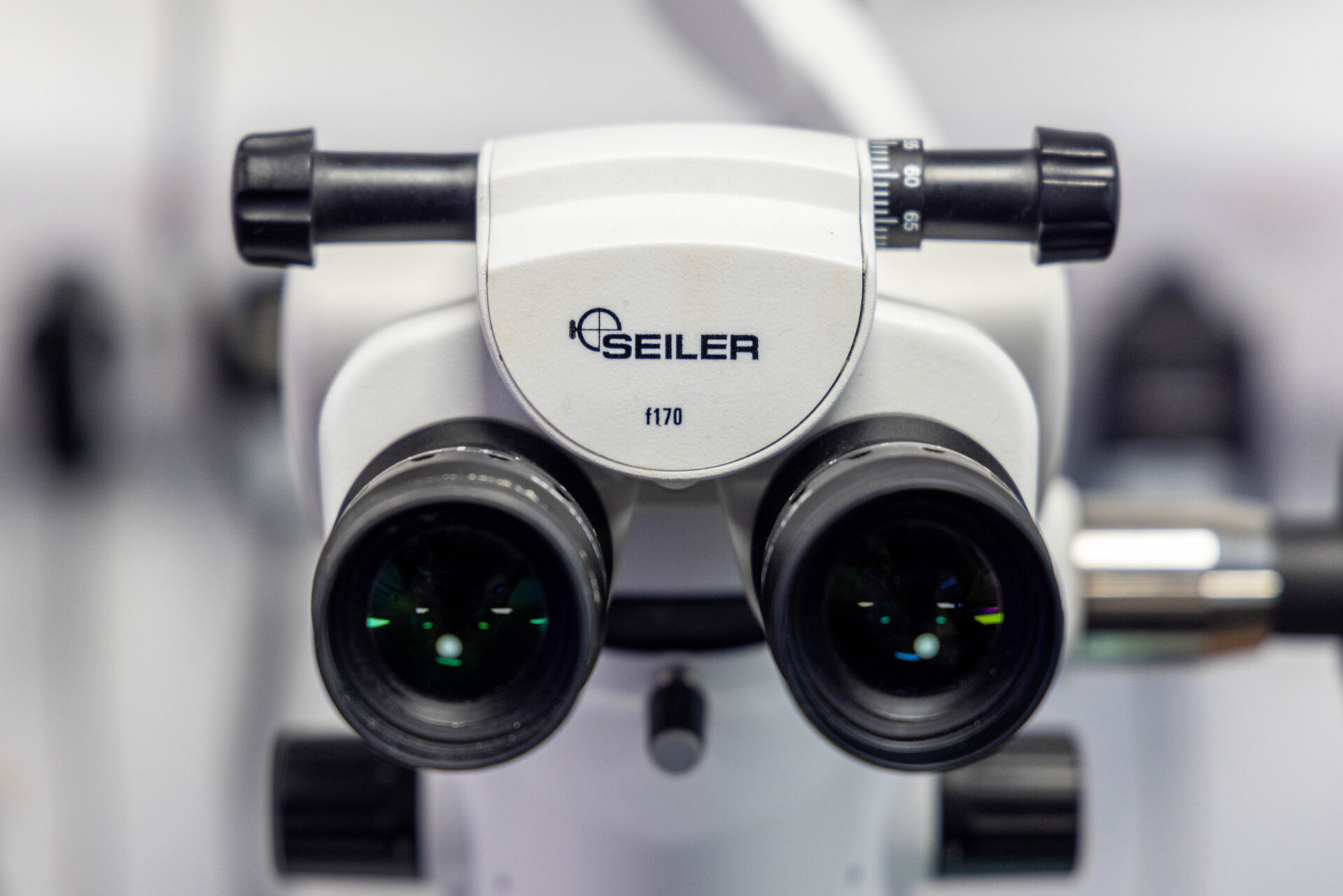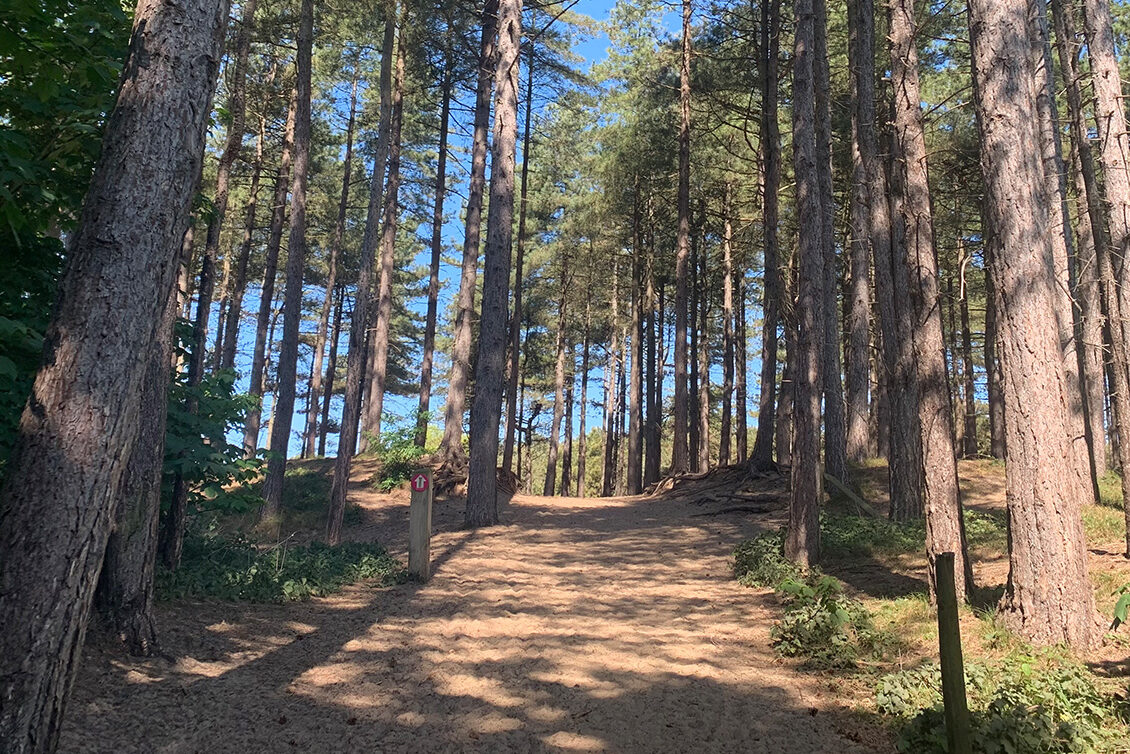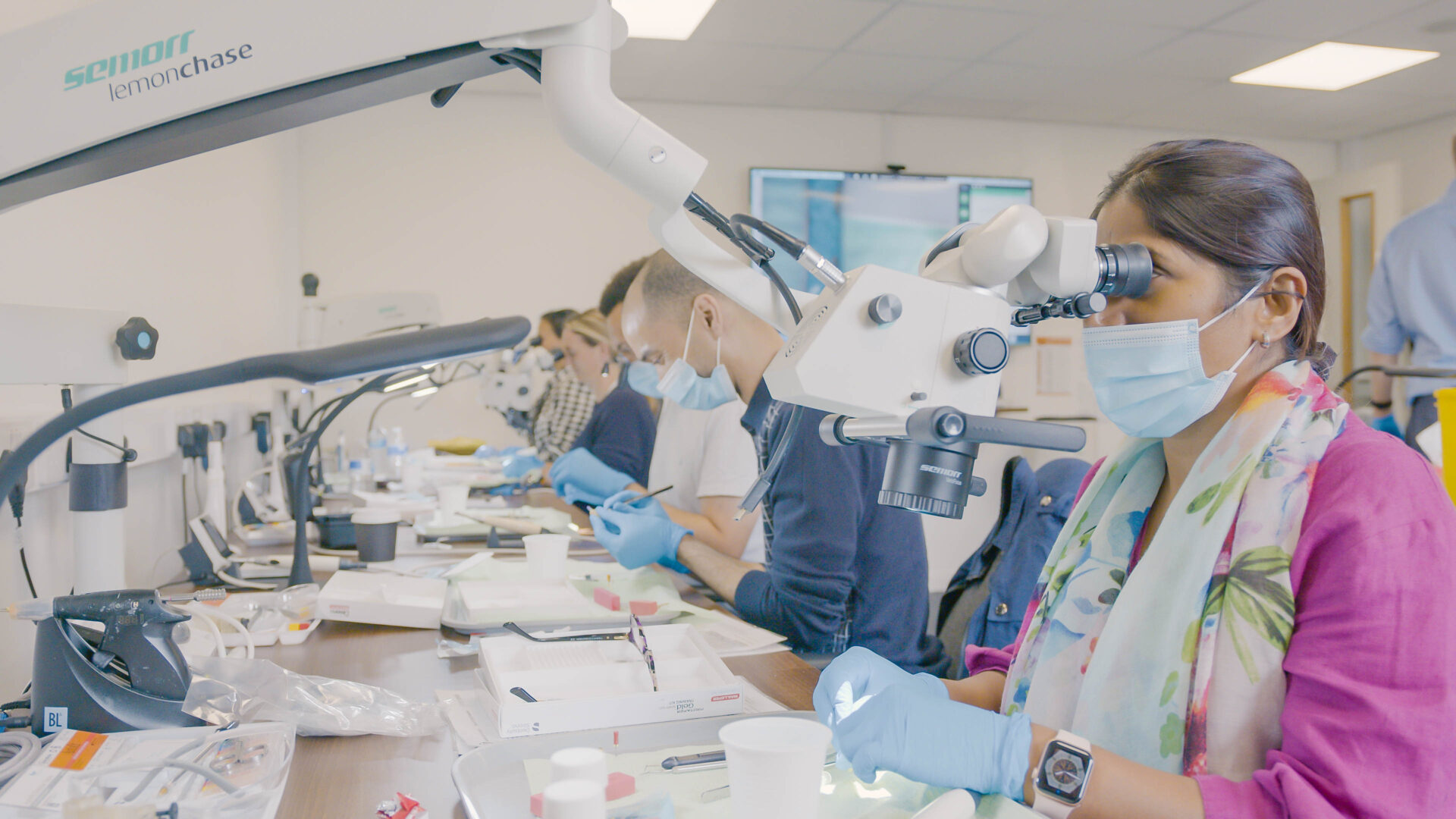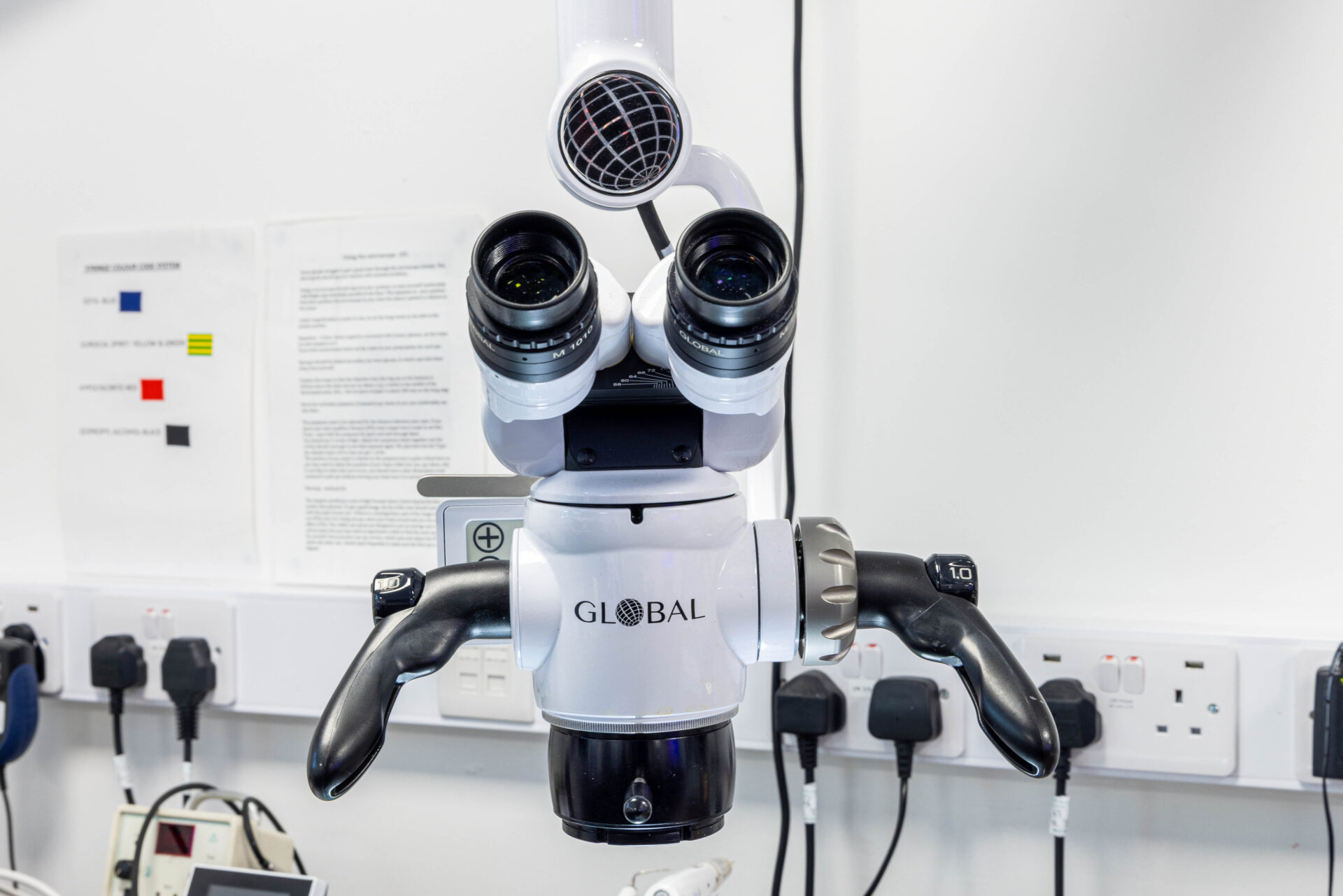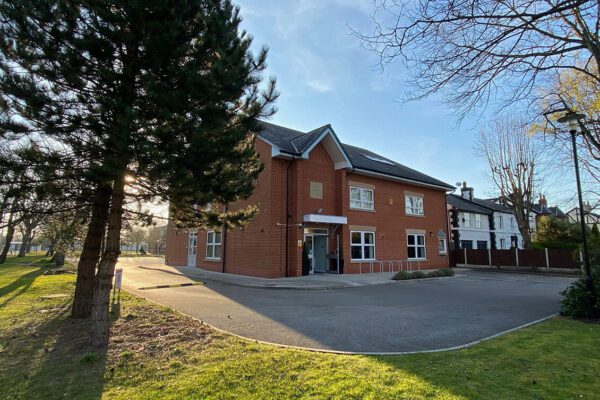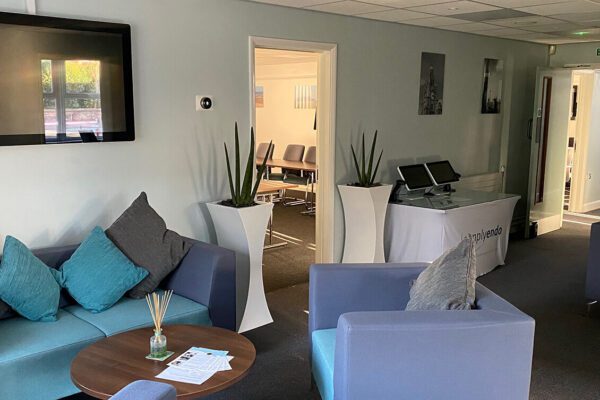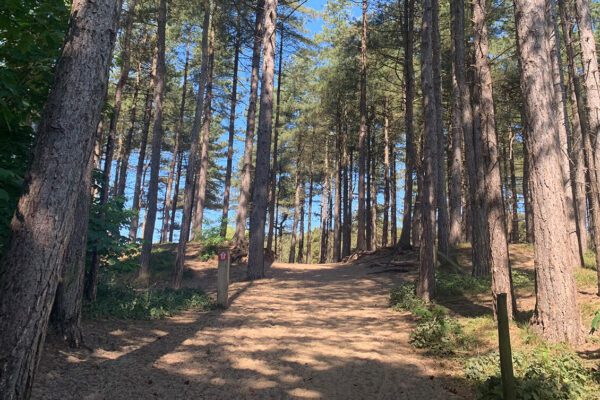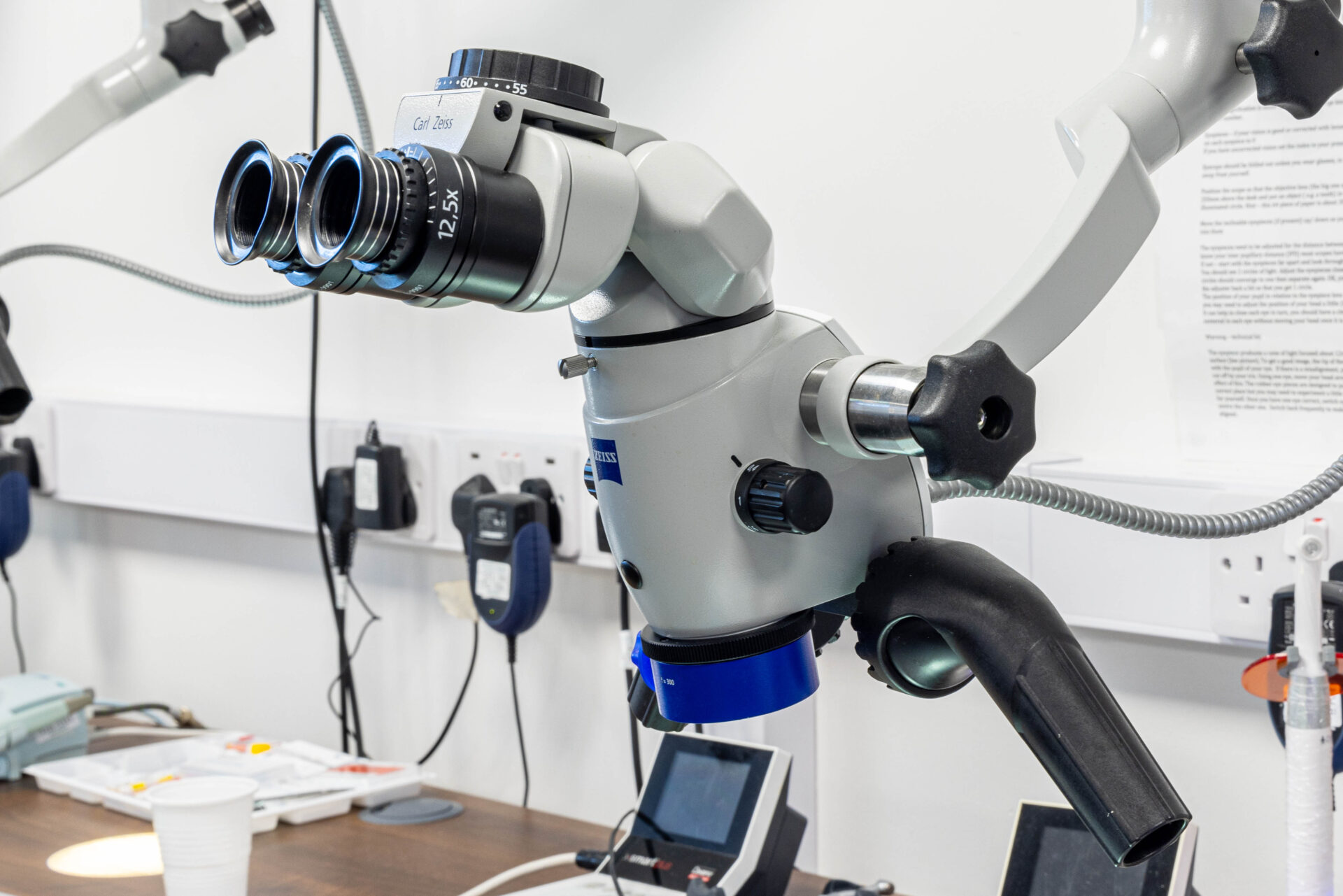Tier 2
Level 2
Specialist
Can I skip the 10 day programme and go directly onto your MSc?
Applying to become a specialist or for level 2 accreditation for endodontics
What are the aims and objectives for the 10 day programme?
What topics are covered during the 10 day programme?
What is the investment for the 10 day programme?
Programme validation
Directions to the venue in Formby, hotels, taxis etc
Can I skip the 10 day programme and go directly onto your MSc?
Applying to become a specialist or for level 2 accreditation for endodontics
What are the aims and objectives for the 10 day programme?
What topics are covered during the 10 day programme?
What is the investment for the 10 day programme?
Programme validation
Directions to the venue in Formby, hotels, taxis etc
Tier 2
Level 2
Specialist
Your learning starts here
Whether you’re looking to enhance your knowledge and skills, or, if you wish to progress further onto the MSc programme in Endodontology, this is the starting point.
Our programmes provide in-depth training in the latest endodontic techniques and skills. Your confidence in cleaning, shaping and filling root canals will increase – and become more profitable and enjoyable.
As an approved academic partner of the University of Chester, simplyendo delivers the MSc in Endodontology.
Click here for more information about this programme.
Part-time for busy dentists
The programme runs on two consecutive days a month, over 5 months, allowing you to rapidly acquire a new confidence in your endodontic diagnosis, case planning and treatment.
World class education centre
Our endodontic training centre is unique in the UK with its state of the art equipment, spacious teaching rooms and an enthusiastic and very experienced team.
A foundation for further study
For an additional 6 days of study, you can invest everything that you have learned from the 10 day programme into working towards a formal qualification, the Postgraduate Certificate / Year 1 of the MSc.
Hands-on sessions every day
Our next 10 day endodontic programme
Starts Monday 1st July 2024. Available at our classroom in Formby or online!
The module dates are:
Monday 1st and Tuesday 2nd July 2024
Monday 19th and Tuesday 20th August 2024
Monday 23rd and Tuesday 24th September 2024
Monday 14th and Tuesday 15th October 2024
Monday 25th and Tuesday 26th November 2024



-
“For anyone thinking about joining simplyendo®, definitely do the 10 day programme. It will change your enjoyment of endodontics for sure.."
Joshua, PG Certificate student at simplyendo -
“Simply the best endo course! Great fun and learning.”
Pedro, 10 day programme delegate at simplyendo
FAQs
Hands-on techniques are demonstrated both live and with the use of video. The ratio of didactic to hands-on training is 50:50.
Participants are encouraged to have a go themselves, using all of the contemporary endodontic preparation and obturation systems currently available in the UK. The hands-on sessions allow participants the opportunity for an unbiased look at the different systems and materials.
Module 1
- Aetiology of endodontic disease.
- Prognosis of non-surgical endodontic treatment.
- A brief review of the mechanical properties of endodontic instruments.
- Endodontic instrumentation techniques: introducing an old favourite but still a very valuable technique - balanced force filing.
- How to ledge, perforate and block a canal BUT more importantly, how not to!
- Introduce a simple and predictable protocol for use of Dentsply's Protaper Gold.
Module 2
- An exploration of root canal anatomy of each tooth using some amazing software that almost takes you on a journey down the root canal.
- A look at the bacteriology of endodontic disease from a very practical aspect, understanding the science behind the disease process and the best way to treat endodontic disease.
- To understand aims and objectives, and a brief introduction on how to get the best out of research papers.
- A quick look at different endodontic instrumentation techniques, including a very brief review of hand filing techniques, as you may still need to use some of these files at the start of a case.
- Alternative protocols for use of Dentsply's Protaper Gold, showing use of a reduced numbers of files in a very predictable and safe protocol.
- Understanding different tapers for canal preparations, and how to create these using hand files.
- A quick introduction to the trend towards smaller and tapered preparations and why this might be important for preserving the strength of the tooth.
Module 3
- Diagnostic procedures.
- Diagnosis of non-odontogenic pain.
- Management of medically-compromised patients.
- Radiographic interpretation, their limitations and future trends including the use of CBCT for endodontic practice.
- Accessing the canal system, the why and the how!
- Role of glide path management in root canal preparation, comparing glide path production using hand files and automated files. Importance of a glide path in preventing instrument separation.
- An introduction to rotary versus reciprocating automated filing, comparing MicroMega's OneCurve with VDW's Reciproc Blue, working in single and double curved canals.
Module 4
- Pulpal response to caries and dental procedures.
- What can cause pulpal damage? A review of pulpal irrigants.
- Pulp capping, pulpotomies and the trend towards the increasing use of vital pulp therapy.
- Anatomy of the apical third of the root canal, looking at such questions as what should the working length be and how wide should our preps actually be?
- Endodontic length determination using apex locators and comparing with radiographic determination.
- Detection and management of vertical root fractures.
- Contemporary root canal irrigants, what are they? How many should we be using and how are they best used?
- Comparing irrigation efficiency in three different tapered canal preparations, made with either the latest generation of Kerr's K3 file system K3XF, Dentsply's Protaper Next or VDW's Reciproc Blue. Comparing standard needle based irrigation with Sonic activation of irrigant to see if preparation taper and irrigant activation actually makes any difference to irrigant penetration. Remember files shape canals but it is the irrigant that cleans the canal!
- Understanding proper and reliable use of apex locators (we have a few for you to review), to assess vertical canal dimension.
- Use of hand files for apical gauging to assess the correct horizontal canal dimension, which is very important for correctly preparing the apical third.
Module 5
- A complete review of NiTi and how it has changed endodontic instrumentation through the last 20-30 years, including a review of the mechanism of fracture of NiTi files, and the role of NiTi instrumentation in the preparation of curved canals.
- Navigating pulp chambers, with some top tips on how to find those canal orifices! All of them!!
- Introducing Dentsply's latest generation reciprocating file, WaveOne Gold and comparing with Kerr's brand new rotary Zenflex file system.
Module 6
- A highly practical and incredibly useful review of local anaesthesia, looking at the best anaesthetics to use and the most reliable techniques. LA failure in endodontics is an issue we are all faced with occasionally. We will review why this is and how to manage these situations.
- Use of antibiotics in endodontics (not a very long discussion!).
- Prediction of endodontic pain and use of analgesics to control the discomfort of endodontic disease reliably and predictably.
- Review of endodontic obturation techniques looking at both historical and contemporary techniques. Many folks are now using single cone techniques. But here you will have a great opportunity to compare thermal obturation techniques with single cone obturations, in either extracted teeth OR in 3d printed anatomically correct simulated teeth.
- Gutta Percha is still the favoured obturation material. So, we want to have a quick look at alternative obturation materials also, and see how they compare.
- A look at contemporary root canal sealers and how the role of sealers is becoming more and more important in these days of sealer based obturations. How to introduce sealers into the canal systems. We look at the various ideas for doing this demonstrating the need for careful control of materials that can be easily extruded.
- A review of Interappointment medicaments.
Module 7
- A whole day on endodontic retreatment.
- Assessing success and failure of endodontic treatment using clinical and radiographic parameters, including some suggestions for sensible review periods. Knowing when a treatment has failed is of paramount importance! One should not retreat a tooth that is not broken.
- Causes of failure of endodontic treatment.
- Biology of the failed endodontic case.
- Endodontic retreatment, a challenging procedure!
- Tactics in overcoming failure.
- Developing a sound strategy for dismantling the obturated canal. Removal of Gutta Percha from canals, using automated systems, Dentsply's Protaper retreatment files, VDW's Reciproc Blue and FKG's XP-Shaper, but also bringing you up to speed with use of heat to remove Gutta Percha and also solvents.
Module 8
- Restoration of the endodontically treated tooth, including temporisation and provisional restorations.
- Importance of coronal seal, and cuspal protection. The latest trends and thoughts on this huge subject.
- Treatment planning and the need to plan the coronal restoration before you embark upon endodontic treatment. Start with the end in mind!
- Use of root filled teeth as abutments and whether this is sensible.
- Canal preparation with a single file protocol using Coltene's Hyflex EDM OneFile system, followed by obturation and restoration using various core materials and techniques. Then a more complex canal preparation using a 3 file protocol based on Coltene's Hyflex EDM file system, and again restoration using various core materials.
- A review of the history of amalgam dowels (Nyaar) to retain cores and the challenges that the increasing use of composite materials brings to core build ups.
- A review of direct and indirect restorations and their respective roles in the restoration of the endodontically treated tooth.
Module 9
- An overview of endodontic trauma: its pathogenesis and management, both short term and long term.
- Trauma is a significant risk factor for root resorption, specifically external root resorption in all its various presentations. We will look at the diagnosis and management of resorption, both internal and external resorption.
- A look at aesthetic issues of trauma which sometimes involves discolouration. So we will review tooth lightening both internal and external techniques.
- What is the link between orthodontics and endodontics? Well one answer is resorption and it is critical we look at the issues involved.
- What are the differences between apexification and apexogenesis? How have the boundaries between these two concepts been blurred by "pulpal" regenerative techniques? What can you do in your own practices? Well, quite a lot in all honesty and we will explain how.
- A practical look at the use of contemporary bioceramic materials as apical barrier repair materials in apexification techniques and as perforation repair materials.
Module 10
- We look at medico-legal issues as they relate to endodontic diagnosis and treatment, including a review of what is "proper consent" to what to say to patients if things don't quite go to plan.
- Procedural misadventures and how to avoid them by planning carefully and having sensible expectations.
- A review of ways to dismantle the restored tooth including removal of instruments, posts etc. from canals, using various bits of special equipment and of course ultrasonic energy.
- A quick overview of endodontic/periodontal relationships, and whether the "perio-endo" lesion truly exists!
- In the practical session for this day, it's time to prove that you can remove posts and fractured files from canals using the correct equipment (including the enhanced magnification from the dental operating microscope). It's a great session and a fab way to conclude the 10 day programme.
simplyendo provides an endodontic coaching programme for dentists that:
- teaches the biology of endodontic disease
- demonstrates and discusses contemporary endodontic techniques, using an evidence-based scientific approach
- is delivered by the simplyendo team of dentists and clinical assistants
- this results in predictable endodontic care of the highest quality
Participants will develop:
- an understanding of the aetiology of endodontic disease
- the ability to assess the likely prognosis for successful endodontic treatment
- the ability to carry out an appropriate treatment with a high degree of predictability
They will:
- experience the use of rotary canal preparation techniques and thermal obturation systems
- appreciate the importance of both apical and coronal seals
- understand the difficulties of retreatments and concepts such as resorption
- understand the management of trauma
They will also:
- experience the very latest and evidence-based endodontic opinions
- be in an excellent position to make valid diagnosis and choose appropriate treatment plans
Your commitment, participants are expected to:
- Attend each of the ten full-day sessions
- Take part in hands-on practicals and get involved in group discussions
- Prepare for each session by reading a selection of refereed research articles, as well as making use of the recommended reading list
Your investment is a low deposit of £550 when registering, followed by 9 x monthly instalments of £550. Your investment includes tuition, hand-outs, lunch and refreshments. There are no extras to pay.
The monthly invoices will start 1 month before the programme starts.- Programme validation - Continuing Professional Development (CPD) The programme complies with the requirements of the General Dental Council as verifiable e-CPD and provides 60 hours of verifiable e-CPD.
Venue information Formby
Please see below address details for the Formby venue of simplyendo.
Formby College 46 Freshfield Road Formby Liverpool L37 3HW
Directions to Formby by Road
From M6 (North), exit at junction 26, and join the M58, travel to the other end of the M58 (don't worry, it's a short motorway only), where you will arrive at Switch Island
From M6 (South), exit at junction 21a (M62 West), travel along M62 to junction 6, exit at junction 6 to join M57. Please note the M57 has its own dedicated sliproad for entry onto the M57 which is immediately after junction 6. Watch the signposts carefully to make sure you use this sliproad as it will save you navigating a huge roundabout! Travel North on M57 to the end, where you will arrive at Switch Island At Switch Island, Follow signs for Broom's Cross Rd/A5758, PLEASE BE CAREFUL WITH THE LANES AT SWITCH ISLAND. Stay on Broom's Cross Rd/A5758 until you reach a roundabout (about 2 miles), take the 2nd exit onto Southport Rd/A565 Continue to follow A565 through Ince Woods, and then continue on through two sets of traffic lights (very close to each other), noting the road now becomes a dual carriageway. Carry on to first roundabout, where you will turn left. Continue on Liverpool Rd/B5424, go straight at the mini roundabout and carry on to next roundabout (Spar on left), take first left junction off roundabout and then almost immediately at a mini roundabout, take first left again onto Duke St. At the roundabout, take the 3rd exit off the roundabout onto Freshfield Road. Follow Freshfield road until you see the signs for Formby High School. Formby College is right next to the entrance for Formby High School.
Parking
Limited Parking is available on-street in front of the college but there is a large car park behind the college which you are welcome to use.
Directions to Formby by Rail
Formby is on the main rail line between Southport and Liverpool with very regular services running every 15 minutes. There are 2 rail stations in Formby that you can use, Formby and Freshfield stations. Both are approximately 10 minutes walk (0.5 mile) from Formby College. From Formby or Freshfield, journey time by train into Liverpool is approximately 30 minutes and Southport is approximately 15 minutes. Additionally prices on this line are very reasonable for what is an excellent service. If you wish to take a taxi to our centre rather than walking, it is better to use Formby station as that has a dedicated taxi rank. If you would like to walk it is about 0.6 miles to our centre. From Formby railway station, proceed by foot East from the station, to the roundabout at the base of the bridge that Formby station is on. Turn left onto Freshfield Road. Walk for about 600 yards until you arrive at Formby College, next to Formby High School on the right side. If you are walking from Freshfield station, look for a row of shops on the other side of the road from where Freshfield Station is. Keeping these shops on your right, walk past them into Freshfield Road, and then carry on walking for about 600 yards until you arrive at Formby College, next to Formby High School on the left side.
Directions to Formby via Taxi
Formby Village Radio Cars Ltd 36b Chapel Lane Formby L37 4DU
Telephone : 01704 877777
E-mail : [email protected]
Approximate costs to simplyendo Formby College
£33 - Liverpool Airport / £50 - Manchester Airport / £20 - Liverpool Lime Street Station
Google map of the area https://goo.gl/maps/myyWGVLxc7U2
Local Hotels for Formby
Formby Hall Golf Resort & Spa, Southport Old Road, Formby L37 0AB
3 miles from simplyendo by car
Formby Hall is one of the top golf resorts on the Northwest coast of England with an 18-hole Championship Course, 9-hole Woodhey Dunes Course and PGA Academy. Set in 200 acres of parkland they also have an award-winning spa with 10 treatment rooms, thermal experience facilities and a 20m heated indoor swimming pool. Offering 76 spacious bedrooms, superb food & drink, with lots of lovely outdoor spaces to enjoy as well.
Telephone : 01704 875699
e-mail: [email protected]
Website: https://www.formbyhallgolfresort.co.uk
The Vincent Hotel, 98 Lord Street, Southport, PR8 1JR
8 miles to simplyendo® within walking distance from Southport train station (simplyendo within walking distance from Freshfield train station). The Vincent Hotel, located in the heart of Southport, is a unique lifestyle hotel. It offers 59 stylish bedrooms and award-winning V Café & Restaurant, a sophisticated cocktail bar, relaxing spa & fitness room, with valet parking.
Telephone : 01704 883800
e-mail: [email protected]
Website: https://thevincenthotel.com/
Ramada Plaza Southport Marine Lake Promenade Southport PR9 0DZ
8 miles to simplyendo® within walking distance from Southport train station (simplyendo within walking distance from Freshfield train station). The Waterfront Hotel is located on the Marina and only a short walk from local attractions. Stunning Roof Garden with views of the coast, and Waterfront Marina Restaurant.Telephone : 01704 516220
e-mail: [email protected]
Can I become a specialist after completing your MSc?
Upon successful completion of the MSc programme, the GDC’s website states that you are “potentially eligible to enter the specialist lists on the basis of academic and research work”
For more information on how to apply for the specialist list using academic experience (a masters degree), please visit the GDC’s website by clicking here
Can I apply for a level 2 accreditation for endodontics after completing your MSc?
A number of simplyendo delegates have been successful with their applications for Tier 2 accreditation in various regions across the UK.
If you have qualified at simplyendo OR if you are part way through the programme, you can start the accreditation process.
The application asks for a case selection and reflective writing, this would be in line with our existing practice of case portfolio development in Year 2 of the MSc (PG Diploma).
Click here for the accreditation application form and click here for guidance on how to apply.
Can I skip the 10 day endodontic programme and go straight onto the MSc in Endodontology?
Skipping the 10 day programme is not possible. The 10 day endodontic programme is an integral part of our training structure and serves as a prerequisite for the MSc programme.
It covers a substantial portion of the teaching material for Year 1 of the MSc, and the assessments for Year 1 are specifically tailored to the content of the 10 day programme.
Online
Join us (virtually) where we deliver live lectures and hands-on sessions. Training kits will be sent to you in advance for each day, to enable you to complete the practical sessions remotely, you’ll also get live feedback from the tutor. All you need is your own endodontic motor.
Postgraduate Certificate
Year 1 of the MSc in Endodontology. An additional 6 days of study, perfecting everything you have learned from the 10 day programme to OSCE standards.
Postgraduate Diploma
Year 2 of the MSc in Endodontology. 12 days of studying advanced topics such endodontic microscopy, innovations in endodontics, research methods and statistics.
MSc in Endodontology
Year 3 of the MSc in Endodontology and the final component for the Masters Degree. You’re given approximately 12 months to submit a dissertation based on an endodontic topic of your choosing. You’ll be appointed a personal supervisor to who will provide 1:1 coaching.

